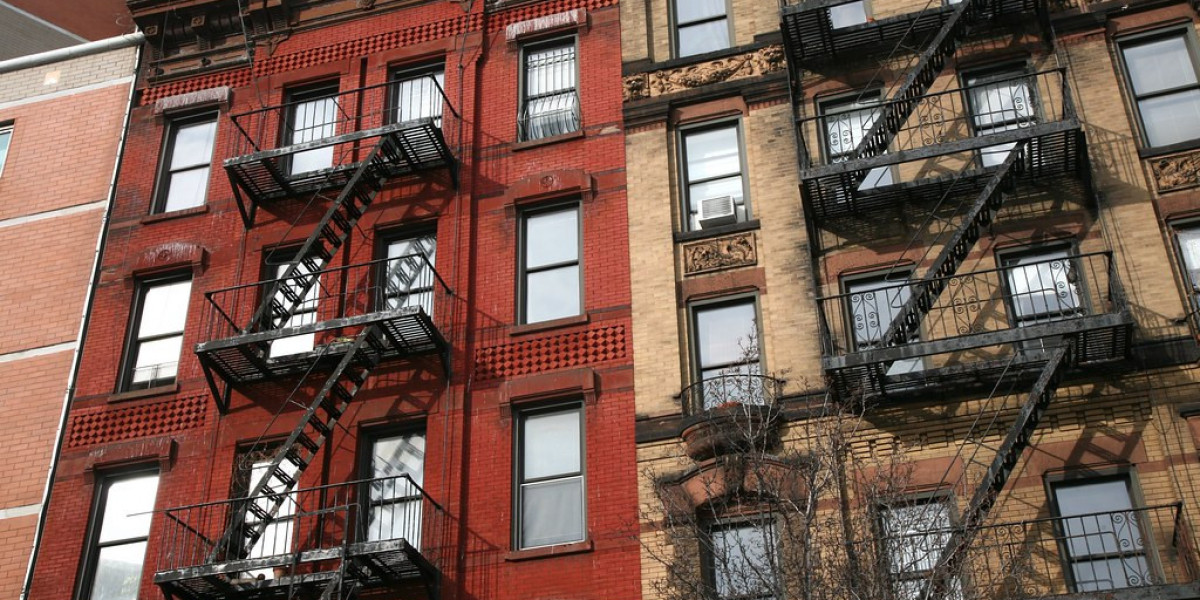Local Law 11, also known as the Facade Inspection and Safety Program (FISP), is a critical regulation in New York City that mandates regular inspections and repairs of building facades to protect public safety. Instituted in 1998, Local Law 11 requires owners of buildings taller than six stories to have their facades inspected by qualified professionals every five years, ensuring that these structures remain safe for residents, workers, and pedestrians alike. For property owners and managers, partnering with experienced Local Law 11 contractors in NYC is essential to navigating the complexities of this law and ensuring full compliance.
In this article, we’ll explore the importance of Local Law 11 contractors in NYC, what property owners need to know about Local Law 11 requirements, and how skilled professionals in this field deliver services to keep New York’s skyline safe and compliant.
Understanding Local Law 11 in NYC and Its Requirements
Local Law 11 is a stringent ordinance designed to protect public safety by identifying and addressing facade issues before they pose risks. The law requires building owners to conduct comprehensive facade inspections on buildings over six stories, typically focusing on elements like masonry, brickwork, and other exterior components. After inspection, Local Law 11 contractors in NYC categorize buildings as Safe, Safe with a Repair and Maintenance Program (SWARMP), or Unsafe, and then file the findings with the NYC Department of Buildings.
Each cycle under Local Law 11 has specific requirements, which include thorough examinations by qualified professionals, documentation of any defects, and filing deadlines. This process ensures that any visible or underlying issues in the building facade are promptly identified and addressed. For property owners, working with specialized Local Law 11 contractors in NYC is crucial to achieving compliance with these standards and avoiding penalties.
The Role of Professional Local Law 11 Contractors in NYC
Given the technical demands of facade inspections and repairs, property owners need highly skilled Local Law 11 contractors in NYC. These contractors are experts in facade maintenance, restoration, and repair and possess the necessary certifications and experience to conduct thorough inspections. Not only do they understand the specifics of Local Law 11 requirements, but they are also well-versed in the latest industry best practices, enabling them to manage the nuances of each inspection cycle with expertise.
By working with professional Local Law 11 contractors, property owners can be assured of accurate assessments and effective remediation plans tailored to each building’s unique needs. These contractors provide an invaluable service in maintaining the aesthetic and structural integrity of buildings, while also prioritizing public safety.
How Local Law 11 Services Work
When hiring Local Law 11 contractors in NYC, property owners typically undergo a process that includes an initial assessment, documentation, and planning for any required repairs. Here’s a breakdown of how Local Law 11 services generally work:
Initial Inspection and Evaluation: Contractors conduct a detailed inspection to identify facade issues. This includes close-up examinations of masonry, balconies, parapets, and windows.
Classification and Reporting: After the inspection, the contractor categorizes the facade’s condition as Safe, SWARMP, or Unsafe. This classification is then documented and submitted to the Department of Buildings.
Repair and Maintenance Planning: If the building falls into the SWARMP or Unsafe categories, the contractor collaborates with the property owner to plan for necessary repairs. This ensures compliance with Local Law 11 and helps prevent future issues.
Ongoing Monitoring and Maintenance: Some Local Law 11 contractors in NYC offer ongoing monitoring services to ensure that facades remain in compliance between inspection cycles. This proactive approach can save property owners from costly emergency repairs.
Key Qualities to Look for in Local Law 11 Contractors in NYC
Selecting the right Local Law 11 contractor is crucial. Property owners should consider the following qualities when choosing a contractor:
Experience and Certifications: Contractors should have a proven track record and the necessary certifications to perform Local Law 11 inspections and repairs. Experienced contractors bring a depth of knowledge that can identify even subtle facade issues.
Local Knowledge: Understanding the specific conditions of New York City buildings and regulations is essential. Contractors who regularly work on NYC facades are more likely to recognize common problems and know the best practices for repairs.
Safety Compliance: Given the importance of public safety in Local Law 11, contractors should prioritize safety standards and adhere to NYC regulations strictly.
Reputation and Reviews: Property owners can review client testimonials and previous project portfolios to gauge the contractor’s reliability and quality of work.
Benefits of Working with Specialized Local Law 11 Contractors in NYC
Hiring Local Law 11 contractors in NYC offers several advantages, including:
Ensured Compliance: Contractors experienced with Local Law 11 understand the regulatory nuances and filing requirements, ensuring your building remains compliant and avoids fines.
Efficient Project Management: From initial inspection to post-repair reporting, contractors handle all aspects of the compliance process, saving property owners time and stress.
Improved Safety and Property Value: By addressing facade issues early and maintaining the building’s appearance and structural integrity, Local Law 11 contractors can help enhance property value.
Cost-Effective Solutions: While facade repairs can be expensive, delaying them can lead to even higher costs. Professional contractors help owners make informed decisions that can save money over the long term.
Why NYC Property Owners Need to Prioritize Local Law 11 Compliance
Compliance with Local Law 11 is not optional, and failing to meet requirements can result in steep penalties, along with potential liabilities in the event of an accident. Local Law 11 contractors in NYC provide the necessary expertise and resources to ensure that buildings meet safety standards without compromising the facade’s structural or aesthetic integrity.
With the constant changes in building conditions due to weather, age, and environmental factors, NYC property owners should prioritize regular facade inspections and partner with reputable Local Law 11 contractors. Staying proactive with facade maintenance and repairs helps keep residents and passersby safe, upholds property values, and avoids costly emergency repairs.
Choosing the Right Local Law 11 Contractor in NYC
The right Local Law 11 contractor should be a trusted advisor who helps property owners understand each phase of the compliance process. From planning facade inspections to executing repairs, they play a critical role in NYC’s building safety landscape. Property owners should not delay in securing qualified Local Law 11 contractors to navigate the complexities of New York’s facade compliance requirements.
By adhering to Local Law 11 in NYC, property owners contribute to a safer urban environment and preserve the architectural beauty of the city’s iconic skyline. Professional Local Law 11 contractors in NYC are instrumental in making this possible, blending technical knowledge with a commitment to public safety and building longevity.
For any NYC property owner, collaborating with an experienced Local Law 11 contractor is essential to maintaining safety, compliance, and peace of mind. Through each inspection cycle, these professionals help ensure that New York City buildings remain secure and resilient for years to come.









